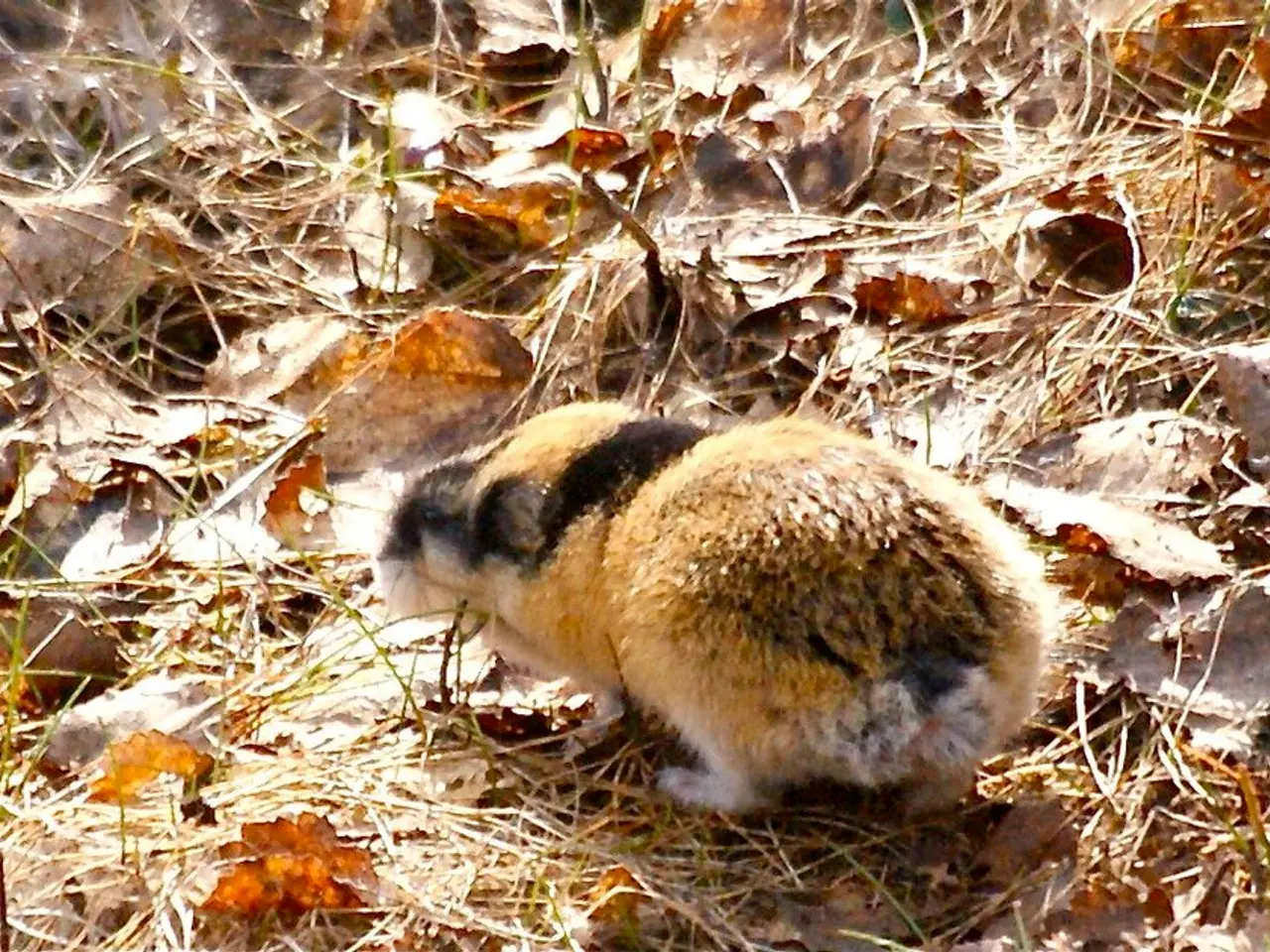Discovering the Reach of a Raccoon's Sense of Smell: Unraveling the Enigma Surrounding a Raccoon's Strong Nose Scent
Raccoons, known for their masked faces and dexterous paws, are renowned for their keen sense of smell. This extraordinary ability plays a crucial role in their survival, helping them navigate their environment, find food, and avoid predators.
In optimal conditions, such as moderate wind, high humidity, and strong odors, raccoons can detect certain scents, like food, from up to 3 miles away. However, general estimates suggest they can detect common food odors from several hundred yards to a mile. This remarkable sense of smell is due to a sophisticated detection system within their nasal cavity, where they have a significantly larger number of olfactory receptors compared to humans.
Raccoons can use their sense of smell to assess the quality of food. They can differentiate between ripe and unripe fruits, or between fresh and decaying meat. This ability aids them in selecting the most nutritious food sources.
Understanding raccoons' sense of smell can help in managing their behavior, particularly in urban environments. Securing food sources, like garbage cans with tight-fitting lids and removing pet food from outside, can help reduce raccoon problems. Odor deterrents, such as strong-smelling substances or predator urine, can be used to repel raccoons, while odor masking can make food sources less attractive to them.
Raccoons also use scent to communicate with each other, leaving messages and marking territories with scent glands. They can identify members of their family group by their unique scents.
Interestingly, scents travel further in humid air and are more easily detected by raccoons in these conditions. The increased humidity following rainfall can enhance the volatility of scent molecules, making them more easily detectable. On the other hand, heavy rainfall can dilute scent concentrations and saturate the ground, making it more difficult for raccoons to pinpoint the exact location of a scent source.
Moreover, raccoons can detect scents emanating from underground, especially in moist soil. This ability aids them in foraging and navigating their environment. Their sense of smell is also crucial for predator avoidance, allowing them to detect the scent of predators and escape before they get too close.
The olfactory bulb, a structure in the brain responsible for processing smells, is larger in raccoons than in humans, further highlighting the importance of smell in their lives.
In conclusion, the raccoon's sense of smell is a fascinating adaptation that has evolved to suit their unique lifestyle. By understanding this sense, we can better manage our interactions with these curious creatures in our urban environments.
Read also:
- Americans Lose Insurance Under New Tax Legislation, Affecting 10 Million Citizens
- Rising Number of Uninsured Individuals Could Put Strain on Local Healthcare Systems
- "Davina McCall frankly discusses her post-childbirth feelings toward returning to work"
- Older cancer patients face an elevated treatment challenge due to age-related health issues




